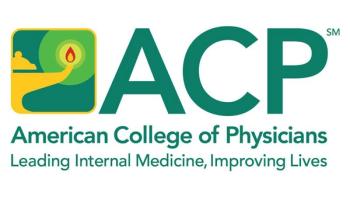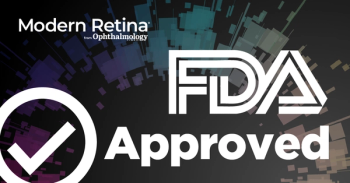
ASRS 2025: An analysis of patients who received pegcetacoplan and anti-VEGF for GA
Nimesh A. Patel, MD, FASRS, from Mass Eye and Ear Hospital and Boston Children's Hospital presented a real-world study using the Vestrum database to examine usage trends for pegcetacoplan and anti-complement treatment in ophthalmology.
The study revealed several key findings about geographic atrophy (GA) and treatment approaches. At the time of GA diagnosis, 30% of patients simultaneously had neovascular age-related macular degeneration (AMD). Additionally, 25% of patients were receiving combination therapy that integrated anti-complement and anti-VEGF treatments.
The research identified specific patient characteristics more likely to receive pegcetacoplan treatment. These patients typically exhibited moderate visual acuity loss, had bilateral geographic atrophy, and showed subfoveal involvement. The study also highlighted an interesting trend in treatment progression, particularly for patients with bilateral GA. Treatment of the second eye occurred rapidly, with approximately 60% of patients receiving treatment within two months of initial diagnosis. By three months, this percentage increased to 80% of patients receiving comprehensive eye treatment.
This quick treatment adoption suggested a proactive approach among medical professionals. The study involved a substantial participant group, with 9,000 patients included in the research. Notably, 90% of the participating retinal specialists prescribed anti-complement therapy, indicating widespread acceptance and confidence in this treatment approach.
Patel, presented these findings at the ASRS 2025 annual meeting, which was held in Long Beach, California to showcase the evolving landscape of GA and AMD treatment. The research provided valuable insights into real-world treatment patterns, patient demographics, and the growing role of anti-complement therapies in managing complex eye conditions. The comprehensive nature of the study, drawing from the Vestrum database, offered a robust and representative view of current ophthalmological treatment strategies for GA.
Newsletter
Keep your retina practice on the forefront—subscribe for expert analysis and emerging trends in retinal disease management.




























